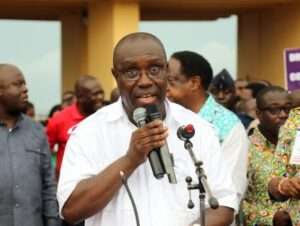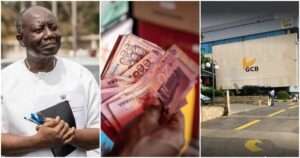DON’T CALL IT A BAILOUT- U.S PRESIDENT.

The country was on the verge of an economic meltdown. Those responsible for the threat were demanding ransom money from taxpayers to fix it, and Americans were angry – so much so that corporate executives were threatened with execution by tightening piano wire around their necks, an insurance industry leader testified before Congress.
Those were painful times, financially and politically, in 2008, when lawmakers were trying to save the country from financial collapse without alienating voters tired of seeing wealthy corporate executives bailed out with their tax money. And it’s an era the Biden administration very much does not want to repeat as President Joe Biden embarks on an expected run for reelection.

The collapse of three U.S. banks – and fears that more could follow, affecting the stock market, the consumer credit market and investors’ willingness to back new ventures – brought an immediate and aggressive reaction from the Biden administration.
Depositors were assured that all of their money in the shuttered banks would be guaranteed (even those with more than the statutory limit of $250,000), banking executives would be fired, investors would not get their money back, and the banks’ assets would be sold off to assure people’s bank accounts were made whole. Not a dime of “taxpayer money,” Biden assured Americans in remarks at the White House this week, would be used to fix the banks’ troubles.
On Thursday, 11 large U.S. banks announced they would pump $30 billion in deposits into First Republic Bank. The move, done after coordination with Biden administration officials, is meant to shore up the bank and reassure markets that the sector is stable.

Mostly, the White House has wanted to avoid the seven-letter word that is the new political four-letter word: bailout. For a president who casts himself as the champion of the middle class, appearing to come to the rescue of the wealthy could undermine his central campaign theme.
“There’s this issue of fairness, and people get angry. And you don’t want there to be a perception that someone is getting bailed out for bad behavior and is just going to do it again,” says economics professor Gerald Epstein, co-director of the Political Economy Research Institute at UMass Amherst. Still, “you can’t let the whole financial system collapse.”
Source : USnews






